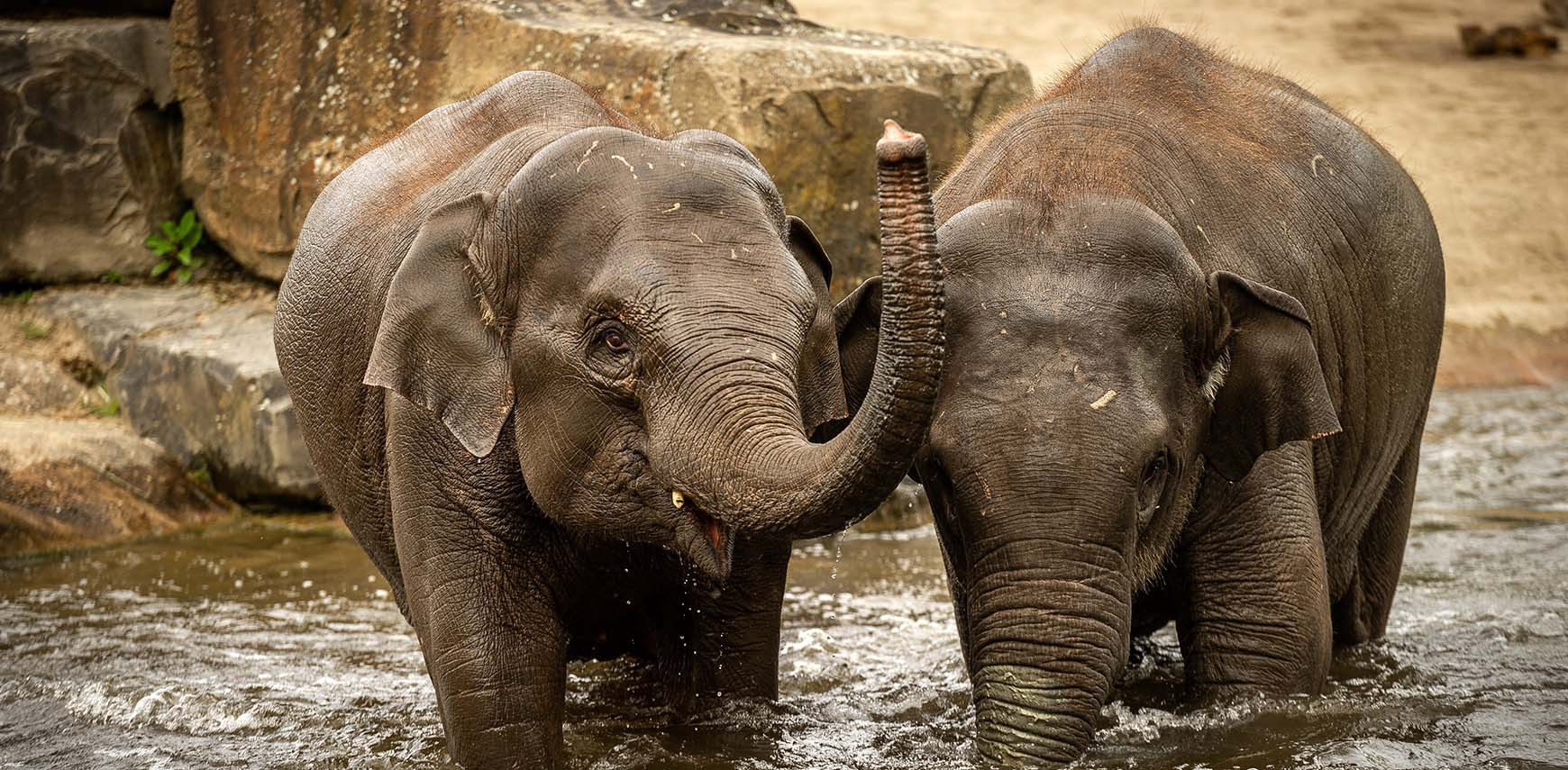Hope for Elephant Calves: A Promising Vaccine Against Herpes
Scientists are on the brink of a promising new phase in the battle against the lethal elephant herpesvirus. Starting this week, the first vaccine will be tested on adult elephants at Rotterdam Zoo. Planckendael ZOO has been closely involved in the search for a life-saving vaccine targeting this disease. In addition to financial support, Antwerp ZOO also provided valuable blood samples, which proved to be of crucial importance to the research conducted. This new stride forwards has brought veterinary scientists closer than ever to eradicating the most common cause of death among young elephants.
In 2018, a young elephant at Planckendael ZOO named Qiyo died unexpectedly from the consequences of infection with the elephant endotheliotropic herpesvirus (EEHV). This tragedy significantly accelerated scientific research into a disease that claims victims across the globe, whether in zoos or their natural habitats. Thanks to the formidable efforts and funding contributed by Planckendael ZOO and its visitors, the zoo was able to donate 80,700 euros to Utrecht University in the past few years, making it one of the biggest sponsors of the research project in Europe. The blood samples collected from Planckendael ZOO’s elephant calves played a key role in advancing scientists’ understanding of this deadly disease. Qiyo’s sample – the first that did not contain any antibodies – provided crucial insights into the virus’ lethal impact.
Ready for testing
After more than five years of research, scientists have successfully developed a vaccine against the elephant herpesvirus. The vaccine works by mimicking a protein complex that is normally used by the virus to enter cells. This teaches a vaccinated elephant’s immune system to recognise the protein and subsequently combat it, rendering the virus incapable of causing serious damage. The vaccine will first be tested on a number of adult elephants at Rotterdam Zoo. If the test results are positive, younger animals with few antibodies will also be vaccinated. The first tests serve as a promising milestone in the battle against EEHV. If the vaccine proves safe and effective, it may save the lives of countless elephant calves and contribute to the conservation of this iconic species.
About EEHV
The elephant herpesvirus is an aggressive strain that is life-threatening to young elephants all over the world. Twenty percent of all elephants born in zoos in Europe and the USA die from the consequences of infection with the virus. Virtually all zoo elephants are carriers of the virus, but lethal infections are becoming increasingly common among wild elephants as well. The virus can remain unnoticed for a long time in an elephant’s body, but it can be activated by stress. Primarily young animals between the ages of two and nine are at risk of contracting this deadly disease.

